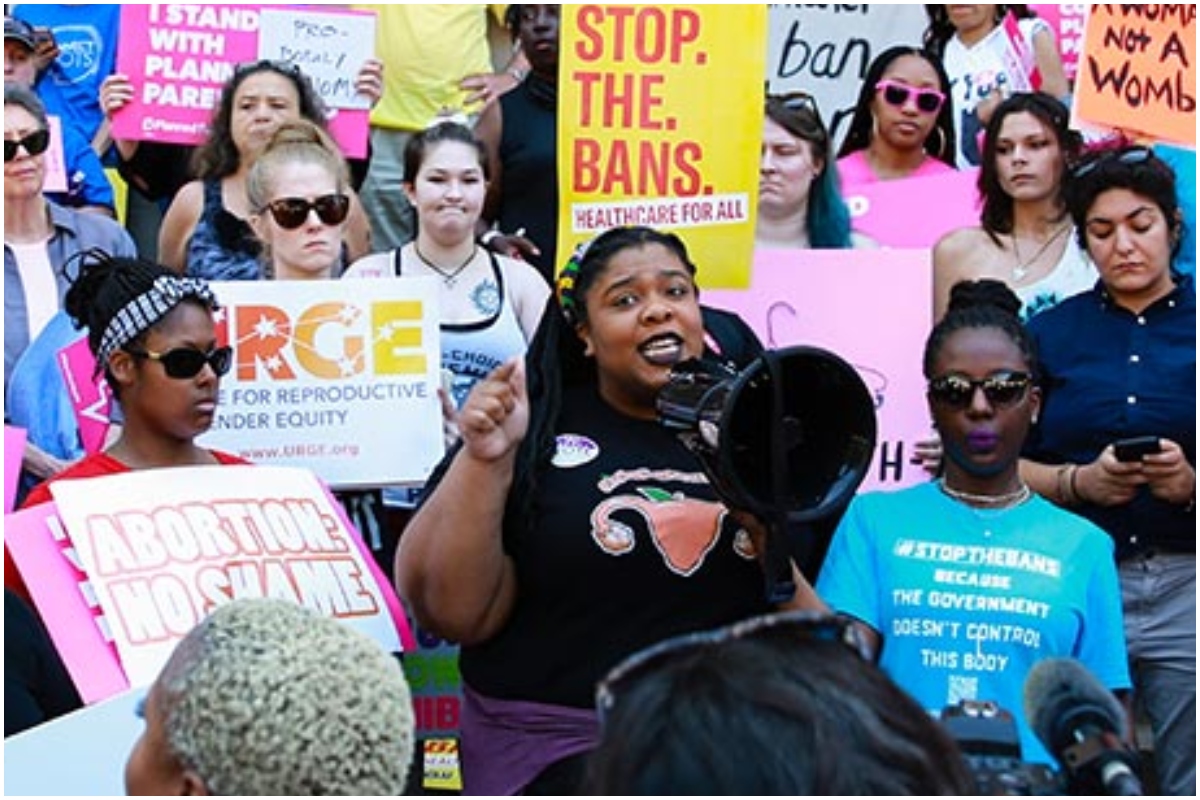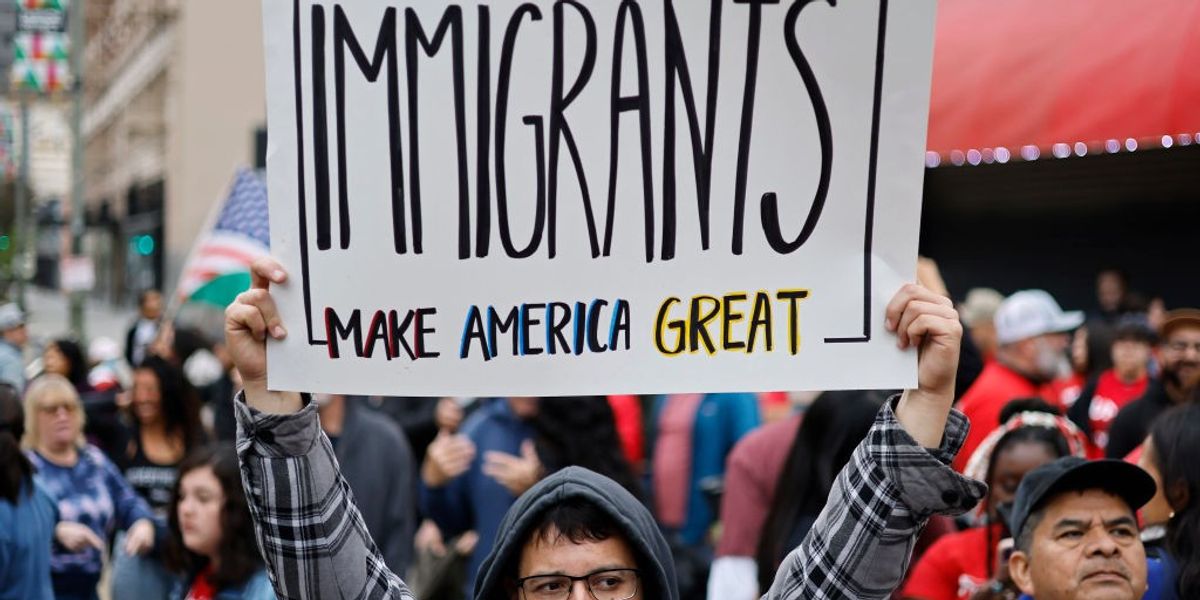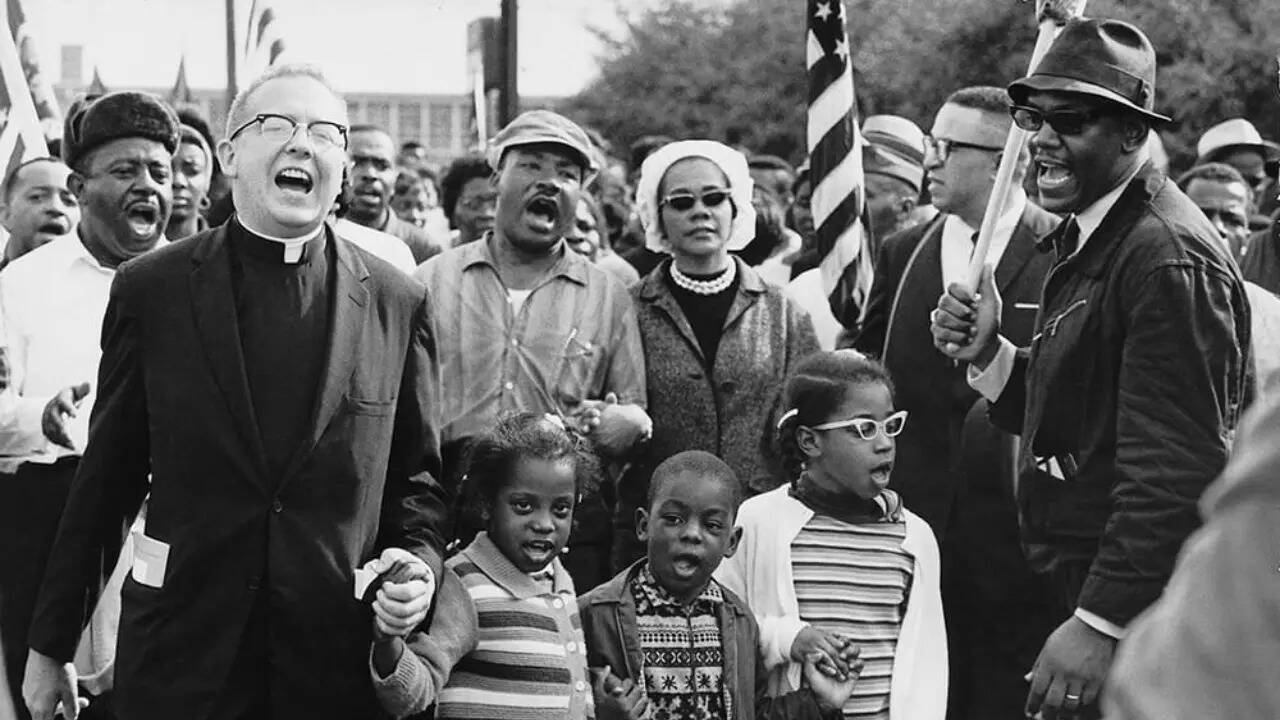- BlackVoter.Org
- Posts
- BlackVoter.Org
BlackVoter.Org


In a striking contradiction, Donald Trump and Elon Musk's DOGE team are aggressively attacking immigrant-supportive foreign aid programs while deriding immigrants as burdens. Their focus on dismantling small agencies, notably the U.
S. African Development Foundation (USADF) and the Inter-American Foundation (IAF), poses a threat to initiatives designed to stabilize precarious regions and reduce migration to the U.
S. Trump labeled foreign aid efforts as “waste,” despite many beneficiaries stating that such community-focused programs prevent economic collapse and terrorist recruitment.
Ironically, these efforts align with the very anti-immigration goals Trump and Musk profess to support. Instead of fostering stability in countries that contribute to migration, their crusade jeopardizes jobs and undermines grassroots development.
Critics lament that the dismantling of these programs, conducted with questionable tactics, ultimately harms the very regions they claim to aim to protect, revealing a deeper hypocrisy in their anti-immigrant rhetoric.

Project 2025, a controversial manifesto released by the Heritage Foundation, threatens to unravel decades of progress for Black women in America amid a shifting political climate. This sweeping ultra-conservative plan seeks to consolidate executive power and dismantle vital civil rights protections, targeting access to education, economic security, and reproductive health.
By eliminating federal data collection on racial demographics and weakening anti-discrimination agencies, Black women could face increased workplace discrimination and reduced legal recourse.
Moreover, Project 2025 proposes drastic changes to education and voting rights, risking the disenfranchisement of Black communities.
These policies, if enacted, could exacerbate systemic inequalities and health disparities, while criminalizing pivotal reproductive healthcare. However, history shows that organized resistance can combat such regressive measures.
Black women, who have always been at the forefront of social justice movements, are poised to lead the charge against Project 2025, advocating for their rights and continuing the fight for equality and justice.

In "Making America Powerless Again," Emese Ilyés critiques Donald Trump's misguided approach to power, likening it to a reckless game of Jenga unraveling America’s strengths. Ilyés argues that Trump's nostalgic fixation on the Gilded Age—a period marked by white supremacy and economic disparity—overshadows the true sources of American power: intellectual leadership, innovation, and inclusivity.
By undermining academia and attacking immigration, Trump not only sacrifices the nation’s competitive edge but also risks eroding democratic values. Citing historical contributions of marginalized groups, Ilyés emphasizes that America's greatest triumphs stem from welcoming diverse talents, not from exclusion or authoritarianism.
Ultimately, the piece challenges the notion that power lies in domination, framing America's true strength as rooted in its commitment to knowledge, democracy, and moral leadership. In Ilyés's view, Trump's vision is not one of empowerment, but a step backward into a past better left behind.

Garlin Gilchrist II, the first Black lieutenant governor of Michigan, has officially launched his candidacy for governor in the 2026 election. With a background as a software engineer and a strong ally of Gov.
Gretchen Whitmer, Gilchrist is aiming to build on the progress made during their administration. He emphasizes a focus on affordable housing and healthcare access, particularly mental health services, addressing the frustration many Michiganders feel towards the political status quo.
Gilchrist’s roots in Detroit, where nearly 80% of the population is Black, enhance his appeal as he seeks to make history as Michigan's first Black governor. He faces a crowded field in the Democratic primary, including Secretary of State Jocelyn Benson and Genesee County Sheriff Chris Swanson.
While he acknowledges the challenges ahead, Gilchrist is determined to create a future where all Michiganders can thrive.
In a powerful op-ed, Lisa Katz emphasizes the urgent need for renewed Black-Jewish unity amidst rising hate crimes and intolerance in America. Reflecting on the historic march across the Edmund Pettus Bridge in Selma—which symbolized a turning point in civil rights—she highlights the longstanding bonds between these communities, who have supported each other in the fight against oppression.
Katz calls for mutual commitment and collaboration to combat antisemitism and racism today, echoing the shared struggles of the past. By fostering dialogue, coalition-building, and community initiatives, she believes city leaders can play a crucial role in fostering unity.
As the 60th anniversary of “Bloody Sunday” reinforces the importance of this alliance, Katz urges Black and Jewish Americans to stand together once more in the quest for justice and equality, ensuring a brighter future for all.

The "Black Belt" region in the Southern United States is a fascinating and complex area marked by its rich, dark soil and a tumultuous history tied to slavery and racial segregation. This term encompasses multiple states, including Alabama, Mississippi, and Georgia, where the fertile land was once the backbone of a plantation economy heavily reliant on enslaved labor.
Over the years, the region has transformed, yet it continues to face socioeconomic challenges rooted in its past. The Black Belt is not just a geographical designation; it symbolizes the struggles and resilience of a predominantly African American population, serving as a backdrop for pivotal events in the civil rights movement.
From its historical roots in cotton production to its significance in contemporary politics, the Black Belt remains a critical lens through which to understand the interplay of race, history, and community in America.

In a thought-provoking commentary, Abby Zimet reflects on the 60th anniversary of Bloody Sunday, highlighting its stark contrast with today’s political landscape. As crowds gathered in Selma, Alabama to honor the civil rights heroes who endured violence for justice, Zimet critiques a current regime seemingly intent on eradicating narratives of diversity and equity.
She points to an alarming trend of purging images and language that document America’s complex racial history, with government agencies wiping clean references to diversity, rights, and even the names of notable figures like the Tuskegee Airmen. This Orwellian shift raises questions about the future of voting rights for marginalized communities, now threatened by modern-day disenfranchisement tactics.
Yet, in the face of such repression, the message from Selma reverberates: history cannot be erased, and the fight for equality and justice continues unapologetically.